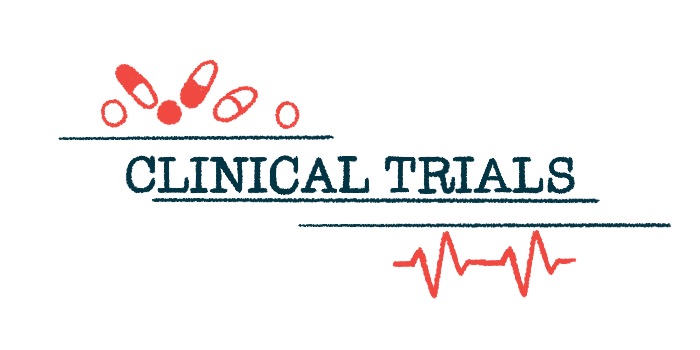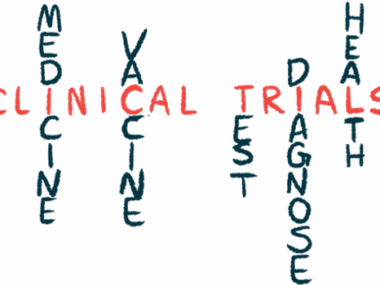New partners team up for Phase 2 trial of novel lithium therapy AL001
Alzamend, Mass General to study dose needed to match current formulations
Written by |

Alzamend Neuro is partnering with Massachusetts General Hospital to conduct a Phase 2 clinical trial of AL001, an oral therapy being developed for dementia related to Alzheimer’s disease.
The trial will compare the brain levels of AL001, a novel lithium-delivery system, with those of marketed lithium, in healthy volunteers and people with Alzheimer’s. The goal is to determine the minimum dose needed to achieve the same effectiveness of currently available lithium formulations, as well as to evaluate the therapy’s safety profile.
The company expects the trial’s results will meet regulatory safety standards to be approved through the U.S. Food and Drug Administration Section 505(b)(2) pathway, which is intended specifically for the review of new formulations or delivery systems of an already approved therapy.
“We are elated to partner with Mass General and Dr. [Ovidiu] Andronesi in this pivotal study for our lead therapeutic candidate AL001,” Stephan Jackman, Alzamend’s CEO, said in a company press release. “We look forward to providing more details regarding the study’s timeline and market opportunity in the near future.” Andronesi, MD, PhD, associate professor at Harvard University and researcher at Massachusetts General Hospital, will be the trial’s principal investigator.
Alzheimer’s disease is the most common form of dementia. It’s characterized by the toxic accumulation of clumps of misfolded proteins, called amyloid plaques and tau tangles, that lead to nerve cell death.
Evidence suggests lithium may help prevent or treat Alzheimer’s by reducing the accumulation of those proteins and preventing nerve cell death. Clinical data have shown that lithium may help preserve cognition and delay dementia.
AL001 designed to deliver lithium to brain with potentially fewer side effects
AL001 is an ionic cocrystal of lithium that delivers lithium via an engineered combination with L-proline and salicylate, which is expected to provide the benefits of currently marketed lithium at lower doses. It is designed to deliver lithium specifically to the brain, resulting in less exposure to other organs and potentially fewer side effects.
In preclinical studies, AL001 prevented cognitive impairment and improved cognitive skills, particularly learning and memory, in a mouse model of Alzheimer’s to a larger extent than other lithium formulations.
A completed Phase 1/2 trial (NCT05363293) that evaluated AL001’s safety and pharmacological properties in Alzheimer’s patients, as well as healthy volunteers, suggested the therapy was generally well tolerated. It also demonstrated 150 mg of AL001 led to similar levels of lithium in the blood as a 300 mg capsule of marketed lithium.
Moreover, trial data from the Phase 2 multiple ascending dose part of the study allowed the company to successfully identify the maximum tolerated dose of AL001, that is, the highest dose of the therapy that can be given without unacceptable side effects.
This dose provided lithium at a lithium carbonate equivalent dose of 240 mg three times daily, which is unlikely to require therapeutic drug monitoring (TDM), which measures a medicine’s levels in the blood.
“If we can develop a next-generation lithium product (AL001) with an improved safety profile and enhanced biodistribution in the brain that would not routinely require TDM, it would constitute a major improvement over current lithium-based treatments,” Jackman said.






